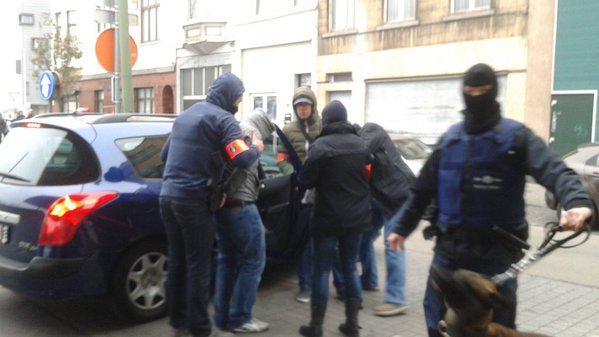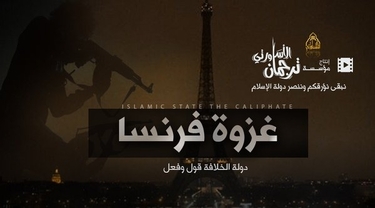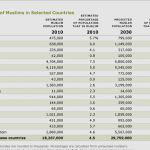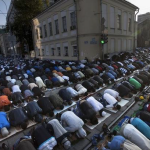BBC: France has mobilised 115,000 security personnel in the wake of Friday’s Paris attacks by Islamist militants, Interior Minister Bernard Cazeneuve has said.
Mr Cazeneuve said 128 more raids on suspected militants were carried out. French air strikes also hit Islamic State in Syria overnight.
IS has said it carried out the attacks on bars, restaurants, a concert hall and a stadium in which 129 people died.
A huge manhunt is under way for one of the suspects, Salah Abdeslam.
He is believed to have fled across the border to his native Belgium. Belgian police have released more pictures of the wanted man. More here including recent facts, timeline and target locations.
***
John Kerry is in Europe working as a mediator and is guiding discussions on Europe’s offensive measures. Belgium is on high alert as is the UK but Germany appears to be passive. France has deployed a carrier group and has launched a second night of sorties, striking 19 targets and provided by U.S. intel sources. Meanwhile, officials have confirmed there was a bomb on board the Russian commercial aircraft that was brought down over the Sinai by the Islamic State faction in that province. The bomb was 1.5 kilos of TNT, which is more than what brought down PanAm flight 103 over Lockerbie. Russia has offered a $50 million dollar reward and the Egyptian security services have detained 2 airport suspects.
Meanwhile, what is on tap with Europe is a new security discussion not under NATO but rather the European Union Lisbon Treaty which John Kerry is participating.
BRUSSELS—Defense ministers gathered in Brussels Tuesday to discuss a French decision to invoke the mutual defense clause of the European Union’s Lisbon treaty.
The clause of the Lisbon Treaty has never been invoked, pushing the European Union into new territory.
French Defense Minister Jean-Yves Le Drian declined to speak as he entered the European Union Council building Tuesday.
Two French officials said that the EU treaty provision, 42-7, was being invoked to try to prod the union to move forward on border control issues and increased intelligence sharing.
French officials said there needs to be agreement on stronger background and passenger name record checks on the European Union’s external borders — something that EU member states have been pressing for well over a year. The French also want more cooperation on illegal arms sales within Europe.
“Cooperation has not moved forward for years,” said a French official. “We are asking the EU to move forward on a number of issues that have been stuck for years,” said a French official..
Another French official said the use of the EU treaty could also help prompt better, and faster, intelligence sharing within the union.
French officials don’t want to invoke the NATO treaty, arguing the current coalition is a more nimble organization with which to strike at Islamic State targets.
While French requests carry great weight within the European Union, it isn’t clear whether the move will be able to resolve the disagreements over border control or other issues.
Measures to increase passenger name record screening have so far been blocked because of resistance to the measures in the European Parliament, forcing rounds of negotiations between capitals, lawmakers and the EU’s executive, the European Commission.
There have also been frequent calls since the migrant crisis began to tighten external border controls but apart from Hungary’s move to build fences on its border and a greater effort to register people entering the bloc in Italy and Greece there has been limited progress.
In a news conference late afternoon Monday, EU foreign policy chief Federica Mogherini said it was too early to react to the French request, which she said she would discuss Tuesday morning with Mr. Le Drian.
“Obviously we will take a careful look at that politically with the French authorities first of all, with the rest of the European institutions including the legal services and obviously we’ll come up with a follow up to that,” Ms. Mogherini said. “Obviously we have started to work on this.”
On Tuesday, most defense ministers declined to comment on the proposal in advance of the French presentation, but expressed support for France in the wake of the terrorist attacks.
“We will defend our security, our freedom, our way of living and we will not be intimidated,” said Jeanine Hennis- Plasschaert, the minister of defense for the Netherlands.





 Images of the moment suspect in Paris attacks was captured.
Images of the moment suspect in Paris attacks was captured.


